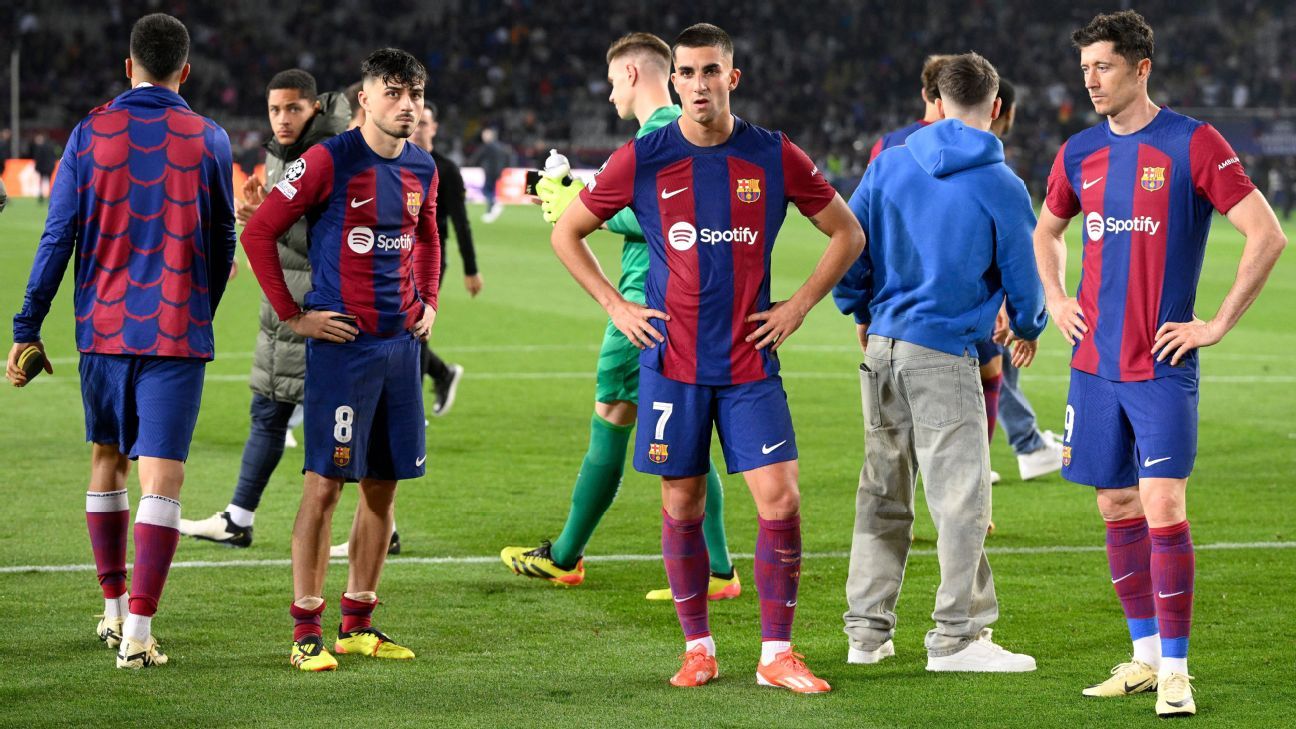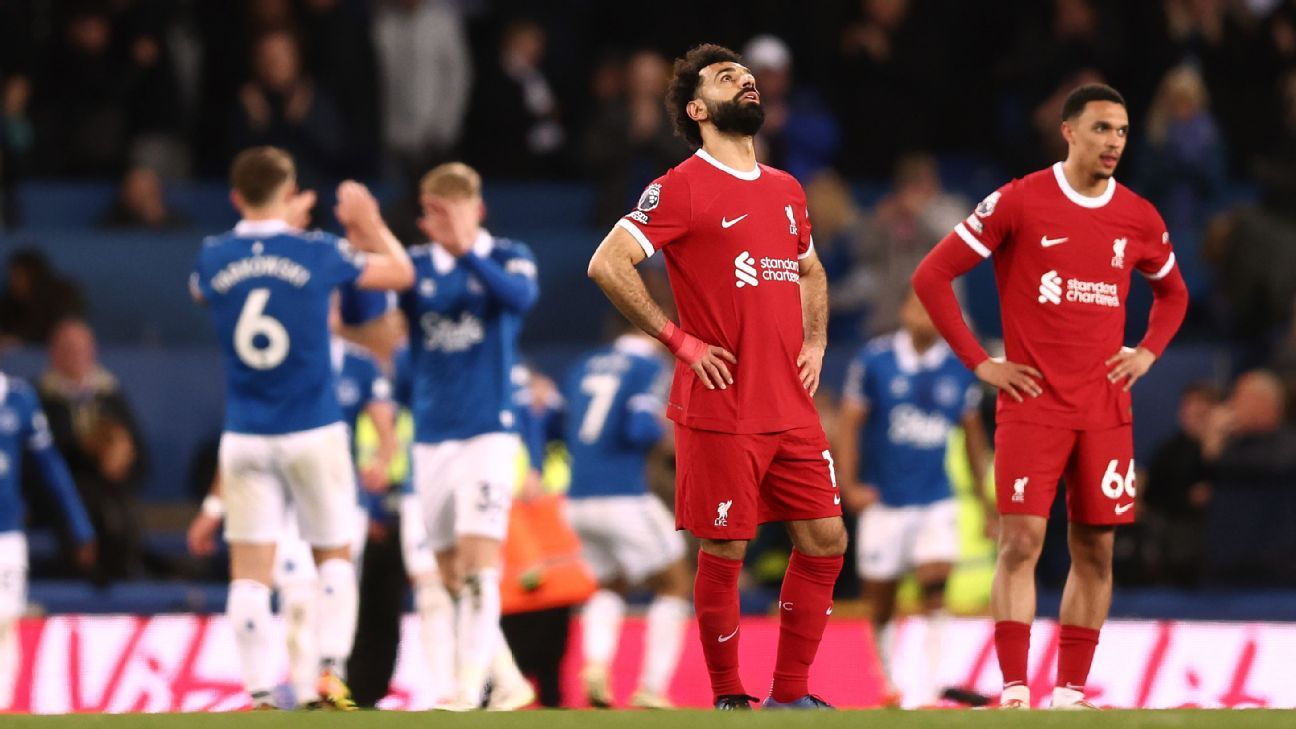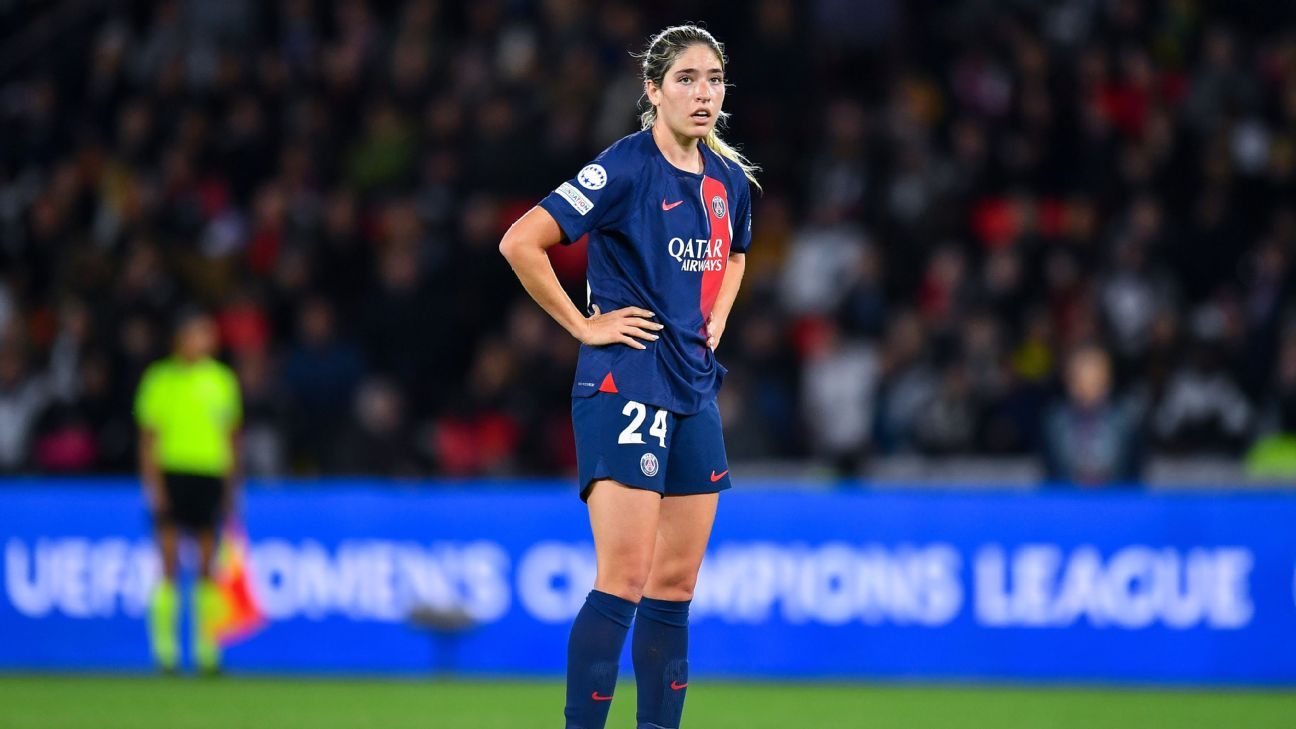Barcelona’s Financial Struggles in the Aftermath of El Clasico
After the intense 256th edition of El Clasico that saw Barcelona fall to Real Madrid in a tight 3-2 match, the financial disparity between the two Spanish giants off the pitch has become increasingly apparent. Real Madrid, currently sitting at the top of LaLiga with an 11-point lead over Barcelona, seems poised to reclaim the league title. Meanwhile, Barcelona, grappling with financial constraints, is facing difficulties in player registrations and potential transfers due to LaLiga’s stringent financial rules.
Financial Disparities
Madrid’s financial strength is evident with significant signings like Jude Bellingham and a potential transfer deal for Kylian Mbappé looming. In contrast, Barcelona’s financial woes are highlighted by their inability to secure new players or even extend contracts for existing ones. The club’s skyrocketing debt and stringent spending cap have severely restricted their transfer activities and overall financial maneuverability.
Barcelona’s ongoing struggles are primarily attributed to a bloated wage bill, exacerbated by financial mismanagement, the impact of the COVID-19 pandemic, and their transition to a temporary stadium amidst the Camp Nou renovation. This has significantly impacted their revenue streams, particularly from ticketing and matchday earnings.
Proposed Solutions
The club’s attempt to address these financial challenges includes asset sales, such as the sale of stakes in television rights and their in-house production company, Barça Studios. However, these measures, while providing short-term relief, have not effectively reduced the club’s overall debt burden.
Alternative revenue-generating strategies under consideration include potential player transfers, additional asset sales like broadcasting rights, or a stake in Barça Licensing & Merchandising. Selling a part of the club to external investors or listing on the stock market has also been proposed as a drastic but perhaps necessary step to alleviate the financial strain and ensure long-term sustainability.
Barcelona’s Unique Fan Ownership Model
One of the defining features of Barcelona is its fan-owned structure, where “socios” have voting rights and a say in major decisions concerning the club’s direction. However, the potential sale of a stake in the club to external parties represents a departure from this traditional model, raising concerns among socios about preserving the club’s unique identity and core values in the face of financial adversity.
Ultimately, Barcelona finds itself at a crucial juncture, balancing the need for financial stability with the preservation of its fan-owned heritage. The club’s future trajectory will depend on navigating these complex financial challenges while upholding its longstanding principles and commitment to sporting excellence.
Image/Photo credit: source url





